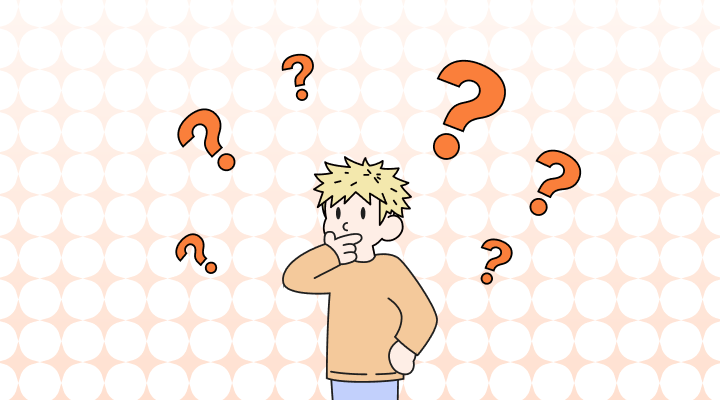The word 'subtle' refers to something that is not obvious or easily noticeable, but is rather elusive, fine, or understated. It could also imply something that is not easily understood or perceived.
When to use it
Native English speakers use 'subtle' to describe something that is not immediately noticeable or obvious, but is still present in a very slight or gradual way. This can refer to anything from a subtle hint or suggestion to a subtle change in someone's behavior or facial expression. For example: "There was a subtle change in her tone of voice that made me think she was hiding something", "The interior designer made subtle changes to the room to make it feel more inviting", or "The song has a subtle rhythm that makes it hard to resist dancing to".
Example sentences
- Her perfume was subtle but pleasant.
- The changes in the design were subtle and went unnoticed by most people.
- He gave her a subtle nod of acknowledgement.
- The difference in taste between the two brands of coffee was subtle.
- She used subtle hints to express her disapproval.
- The color of the walls was subtle and complemented the furniture.
- The joke was clever and subtle, only a few people got it.
- The artist used subtle shading to create depth in the portrait.
- The music had a subtle rhythm that made it easy to dance to.
- He made a subtle gesture to let her know he was on her side.
Want to sound like a native speaker?
Engram’s AI-powered grammar checker makes your English sound like a native speaker’s, suggesting natural English expressions on top of fixing grammar, spelling, punctuation, word order, and vocabulary.

Reference:
















